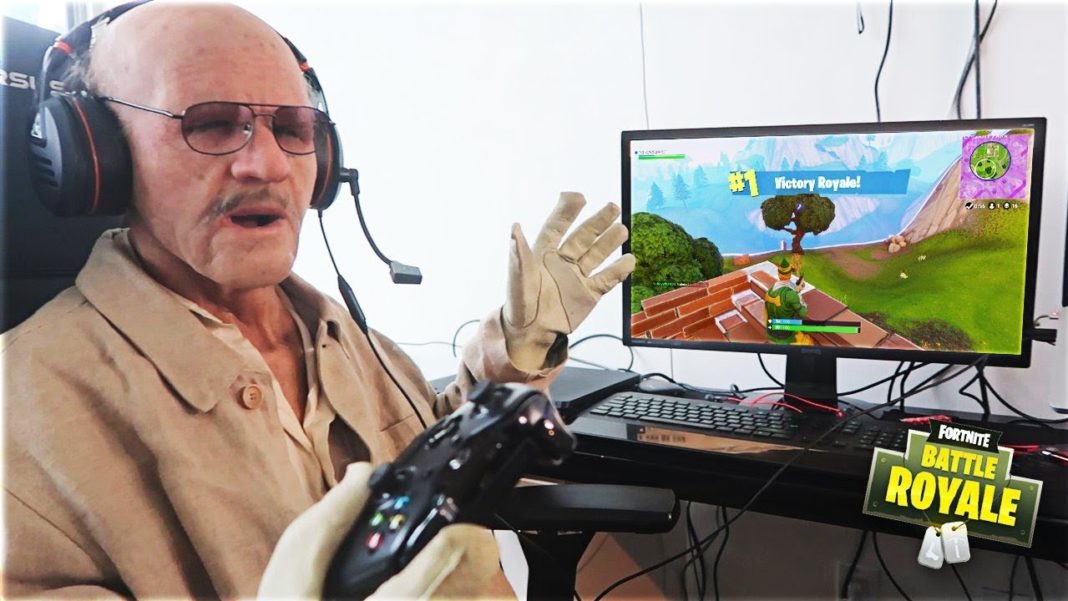Some think that playing computer games is just for kids, and that no mature adult would be still be playing past a certain age. But who says there has to be an age limit? The mature gamers of this millennium are stirring things up and challenging stereotypes. According to Statista, in 2017 most gamers worldwide were between 21 and 35, and made up of men and women. That destroys the stereotype of just boys between 10 and 20 being gamers.

Michael Bailey is a 58-year-old man from North London: “I’m nearly reaching my 60s and I still play games on my computer and consoles.” Michael is a delivery driver, has a long-term girlfriend and three grown kids over the age of twenty, but still manages to find time to play a game or two in the evenings. “I’ve always been a gamer, and I’ve helped raise three gaming children, so it simply just ran in the family”. He says that the stereotypical idea of the gaming age is irrelevant now because times have changed. It’s now becoming more socially acceptable for the older generation to admit that they still play games. “it creates a great bonding moment with yourself and your kids,” says Michael, “… and I’m able to show them the retro games I used to play and compare them to the high-tech games they play now. I do enjoy playing the old school games like Space-Invaders and Pac-man, but these new games are really impressive and it shows you how far gaming technology has come along.”
According to NBCI Resources, adults aged 65 years and older prefer games that involved casual action, puzzles, simulation, and strategies. This research was carried out by looking at data across different platforms such as personal computers, PlayStation, Xbox, handheld devices such as a Nintendo DS, and mobile phone devices.
So over the years the gaming industry has seen a shift in the profile of its users, to include more females, and more players of both sexes who are older.




